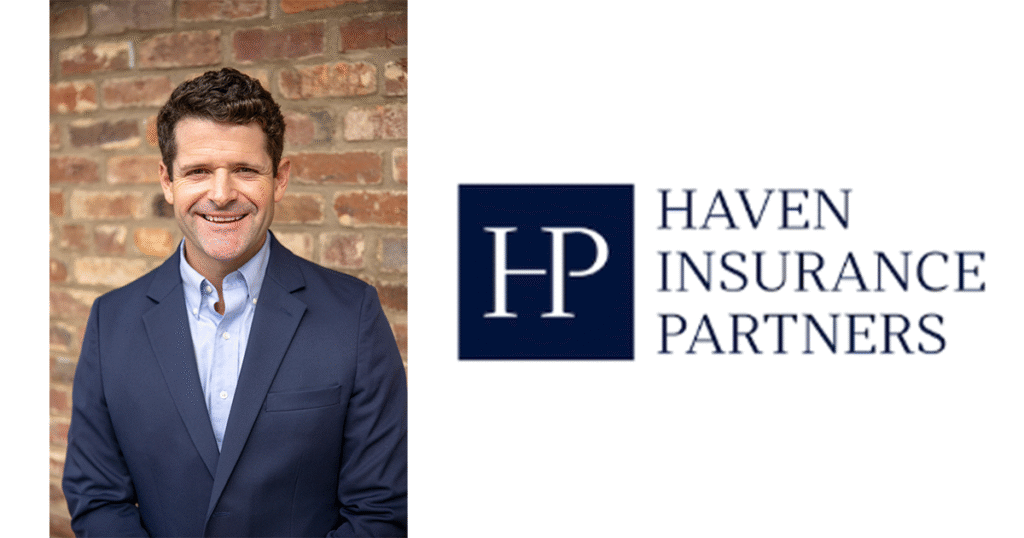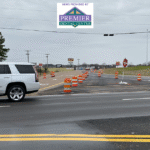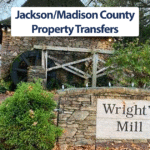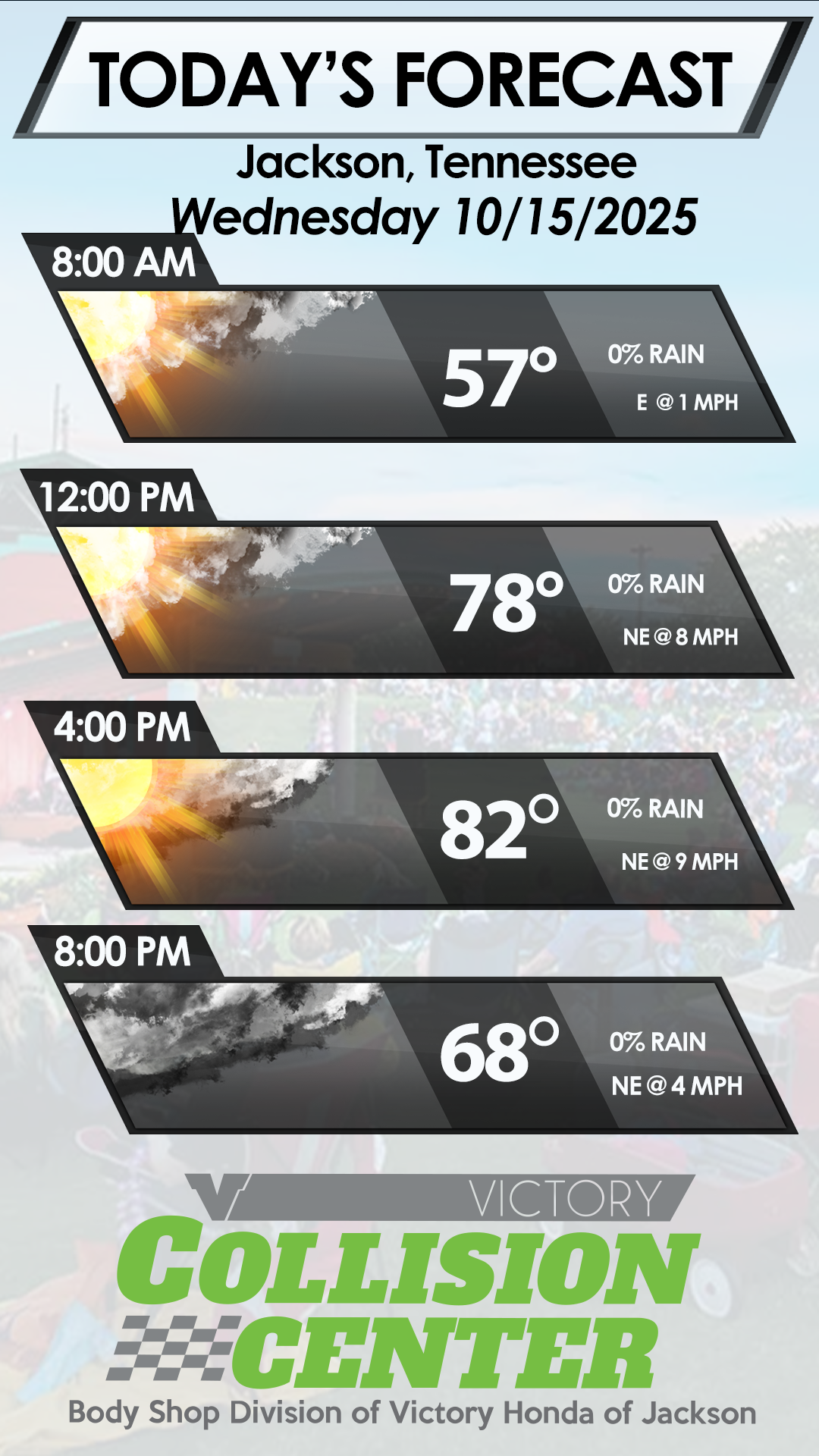Caleb Meriwether, Haven Insurance Partners, visits with Dan Reaves, host of ‘The Dan Reaves Show,’ today, and each Wednesday at 3:30 p.m., to discuss all things insurance.
A Florida federal jury recently made headlines when it ordered Tesla to pay more than $240 million dollars in damages after a fatal crash involving its Autopilot system. The jury decided Tesla was one-third responsible, while the driver bore the majority of the blame.
It was the first time a federal jury held Tesla liable for an accident tied to its semi-autonomous driving technology. That verdict could have ripple effects across the country, including here in Tennessee.
What Happened in Florida
The case centered on a Tesla Model S that failed to stop at an intersection while using Autopilot, leading to a deadly crash. The jury ruled Tesla’s system was defectively designed and that the company failed to adequately warn drivers about its limitations.
The jury also allowed Tesla’s own marketing statements, including claims about “Full Self-Driving,” to be used as evidence. That means what automakers say in commercials, tweets, or press releases could come back to haunt them in court.
Could That Happen in Tennessee?
While the Florida ruling doesn’t automatically apply here, it is persuasive. Tennessee has strong product liability laws and follows a comparative fault system. That means a jury can split responsibility among multiple parties, even non-parties, like the driver in the Tesla case who wasn’t directly sued.
One major difference is punitive damages. In Tennessee, they are capped at two times the compensatory damages or $500,000, whichever is greater. So we probably wouldn’t see the kind of $200 million punishment a Florida jury handed down. But a Tennessee jury could still send a strong message with design defect or failure-to-warn claims.
What It Means for Drivers and Businesses
Personal Auto Policies
Tennessee drivers are still legally responsible when behind the wheel, even with Autopilot or similar systems engaged.
If the technology fails, your insurer may pay first but then try to recover money from the automaker, a process called subrogation.
Higher or lower premiums? More complex litigation but perhaps less exposure due to shared liability with manufacturer.
Commercial Auto Policies
Companies using semi-autonomous fleets, such as delivery services, contractors, or trucking firms, face added risk.
Courts could hold both the driver and the employer liable if employees over-rely on technology.
Insurers may start requiring driver training on how and when to use self-driving features safely.
The Road Ahead
As self-driving technology spreads, the legal system is trying to keep up. This Florida case shows that automakers will be held accountable when systems don’t perform as advertised. But drivers, and sometimes their employers, still share responsibility.
For Tennessee drivers and businesses, the takeaway is simple:
Don’t assume “self-driving” means hands-free.
Keep both hands on the wheel and your eyes on the road.
Know that insurance companies, automakers, and the courts are all watching these developments closely.
The future of driving may be more automated, but responsibility is still shared, maybe. Probably?

















